This year's onion market does not seem to be coming to an end. "I've never known onions to be this expensive this early in the season. That already began with off-land sales when prices were sky-high," begins Piet van Liere of FlevoTrade. But, according to this Dutch exporter, these high prices have a downside. "Costs have risen throughout the chain, but, in the end, the poorest countries have to foot that bill."
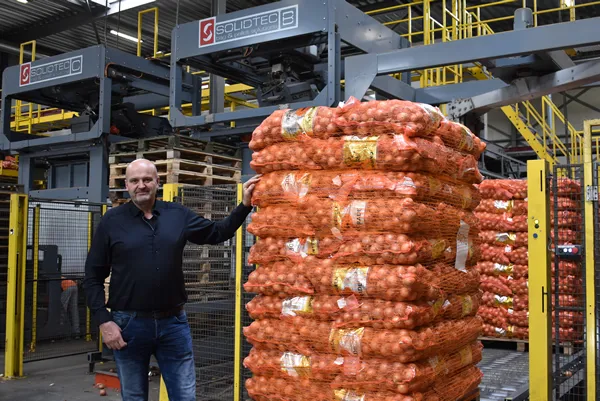
"There are additional costs across the board, from cultivation and transport to processing and sea freight. The war and rising gas and electricity prices suddenly created huge costs. Plus, there's unexpected competition from the meat and chicken industry for sea freight. They're willing to pay more for their freight."
"So far, the final destinations are accepting these high prices. But the more people have to spend on food, the more they suffer. So, it's vital that everything remains affordable. You can explain any cost increase, but you can't keep hiking prices if end users can't afford it," continues Piet.
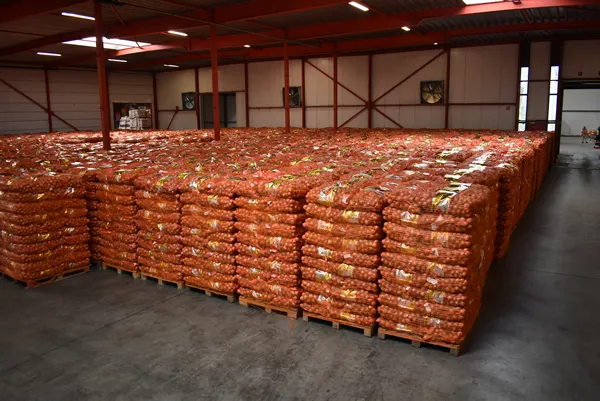
The pricier Dutch onions, the more competition
He does not think the battle to make a little on onion bales will ever end. "There's still plenty of day trading in onions. And our customers are also often the poorest people in the world. So, we have to keep an eye on our prices; otherwise, competition comes knocking. The more expensive you get, the more competitors come out of the woodwork. A country like Morocco is usually never a competitor in Africa, but it's now stepping into the gap because these prices make exporting attractive."
"Africa is starting to cultivate more of its own onions, but specific know-how is often lacking, and all sorts of things can cause crop failures. Also, because of its population growth, Africa has to import huge quantities of food. Our guaranteed safe, sustainable food can play a critical part in that. Were we to stop growing onions, Africa would immediately need aid," Piet explains.
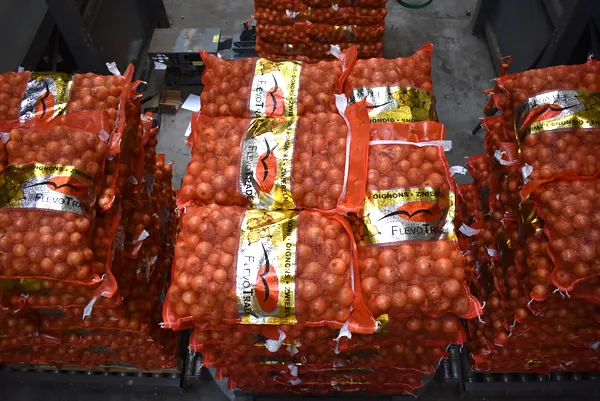
Elite sport
He is optimistic about onion cultivation in the Netherlands. "Onions will remain an important crop in this country. I'm convinced of that. We can grow healthy products while minimally affecting the soil, substrate, and climate. We supply those onions to many countries. And onion cultivation is increasingly becoming an elite sport."
"There are limited pesticides and considerable disease and roundworm pressure. Dutch growers, too, are experiencing the effects of climate change. Yet, should we have 30,000 hectares next year - something I don't think is entirely impossible - and we get an average yield of 60 tons once, we won't know how to get rid of all those onions," says Van Liere.
He sees the most growth opportunities for Dutch exporters around the equator. "The weather has been most extreme there recently. But the need there isn't a given; they sometimes have years with good yields. Geopolitical decisions also affect much. An export giant like India closing its borders, as has happened these last two years, creates massive chances for Dutch exporters. There are undoubtedly opportunities for the second half of the season," Piet admits.
"Still, an expensive market is always risky. In 2018 - another year with market shortages - other production giants like China and the United States had good yields. We'll have to see if that happens again. On the other hand, other countries are always waiting in the wings during the season's second half. Somewhere like Egypt could sow more onions in response to shortages."
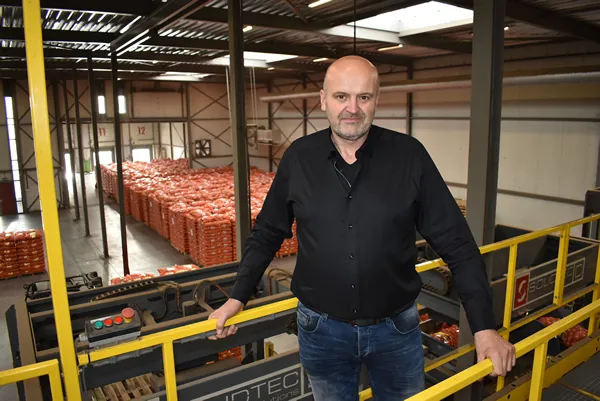
New storage facility
FlevoTrade continues developing. Earlier this year, the company purchased another building to store 15,000 to 20,000 tons of products. It also bought a new Tolsma-Grisnich shaver. "We keep a close eye on developments around optical sorting too. It's hard to find staff, so we have to consider all kinds of labor-saving solutions," explains Piet.
Onions are, by far, FlevoTrade's most important product, though its assortment has expanded considerably in recent years. This Dutch company also exports French fries, mayonnaise, chicken, rice, and sardines to clients in places like Africa and Central America.
"These products are a nice addition, and we have year-round demand for them. We use this range to serve not only onion buyers but also others we don't yet supply with onions. These products' sales did dip during the pandemic - partly due to the lack of tourism - but that market's reviving."
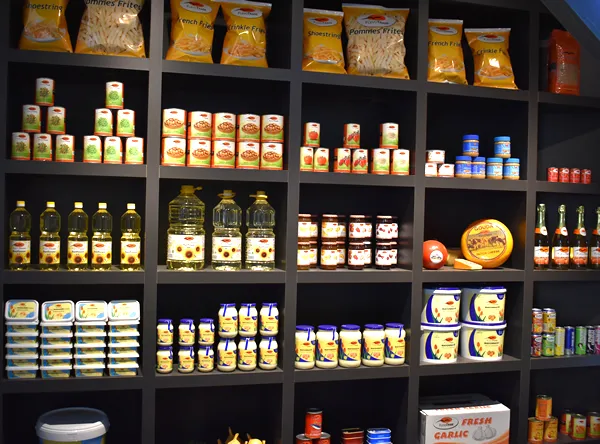
As reported, this onion exporter turned 60 a couple of weeks ago. He is, however, not considering stopping yet. "I feel 50 and still enjoy it far too much. I have three beautiful daughters. They should do what they like, but if they're interested, the company always has room for them. We're also training our staff to make FlevoTrade ready for the future. But, for now, the onion trade isn't yet rid of me," concludes Piet.
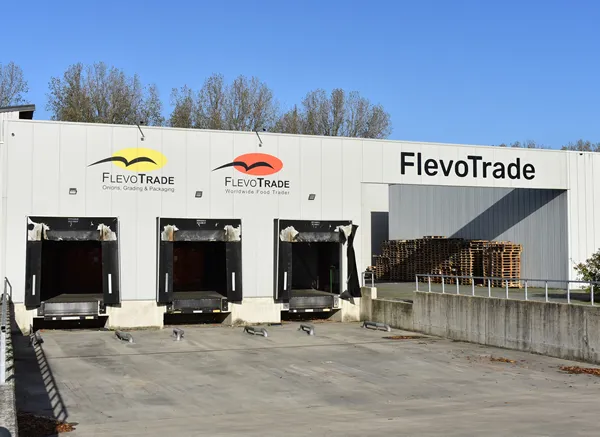
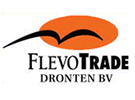 For more information:
For more information:
Piet van Liere
FlevoTrade Dronten
15-17 Staalwijk
8251 JP, Dronten, NL
Tel: +31 (0) 321 387 170
Email: info@flevotrade.nl
Website: www.flevotrade.nl
